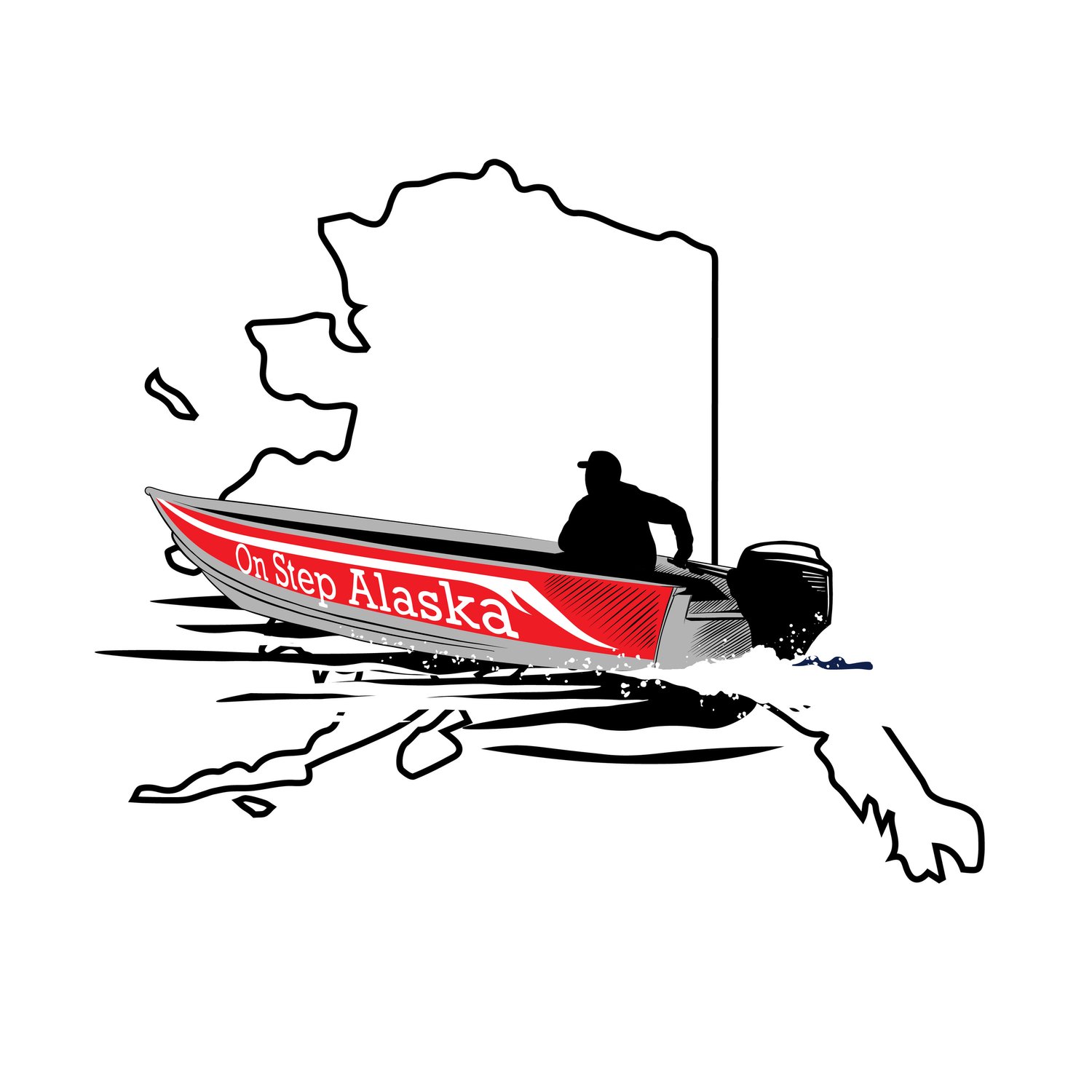Grad school post: Stakeholders...
Everyone is a stakeholder on some level. If you don't think you are, then you either haven't thought about it, or have been ignoring the pleas to get you to go to meetings.As an educator, few things are more important than getting parents involved in the education of their kids. Any sort of education change, swing or implementation should be done with the input of parents. Sadly, this doesn't always happen. In most cases, they are convinced the conclusion is inevitable, nothing can be done, or that they won't blistered to. The point of this is to engage in conversation if for no other reason than to understand what's happening and why.Speaking journalistically, as the reading public, we do little to demand the information we get is accurate and objective. It's understandable that we chose to consume what fits our worldview or to share and retweet the interesting and provocative, but by doing this we are contributing to any erosion we see in the craft of journalism. Basic inquisitiveness could stop much of the nonsense which is continually pops up on my Facebook feed. If there is a lack of trust in media, we are to blame just as much as journalists trying to shape opinion or get ratings.As an outdoorsman who love to fish and hunt, I am a stakeholder in the preservation of the resource. Often times people mistake the purpose of a hunter and assume that hunters want things dead. That is one aspect of it, but I haven't met a hunter who wants to one day not have anything to hunt. The irony, then, is that organizations that want to preserve wildlife through no killing are pitted against organizations that want to preserve wildlife through managed killing. The goal is the same, of course people like me want to be able to take a few animals for food.I'm going to a Ducks Unlimited Banquet this month which should be a lot of fun. And again I will be confronted with one of the issues of being a stakeholder. State and federal land offer me tons of area to pursue game. The state and federal governments need to make money and provide resources we need in everyday life. Many times that comes at the expense of a percentage of wilderness. So in the one hand my dues will go to conserving habitat. On the other, Alaska is economically dependent on resources, specifically oil.In many areas in the Lower 48, the best hunting areas are on private land, which prices the common hunter out of great experiences. The public land hunts I did in California were brutally unsuccessful. As much as people might dislike the idea of private hunting ranches, it is an effective way to ensure the species survives. The owners make money from the hunt, and put it back in to making sure there is a healthy population remaining for the future.
